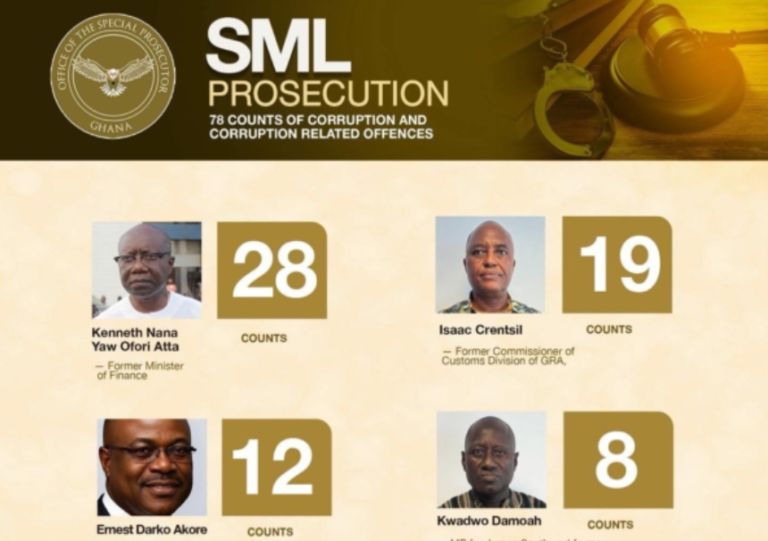
Fisheries And Aquaculture Bill
President John Dramani Mahama has officially signed into law the Fisheries and Aquaculture Bill, a landmark legislation aimed at transforming Ghana’s fisheries sector, boosting aquaculture, and safeguarding the livelihoods of millions of Ghanaians who depend on the industry.
The new law is expected to address long-standing challenges in the sector, including illegal fishing, overexploitation of marine resources, and poor aquaculture management, while also strengthening Ghana’s commitment to sustainable fishing practices.
Key Provisions of the Law
The Fisheries and Aquaculture Bill introduces several critical reforms, including:
-
Stricter Regulations Against Illegal Fishing – The law imposes heavier fines and penalties on vessels engaged in illegal, unreported, and unregulated (IUU) fishing, a practice that has drained Ghana’s marine resources and affected food security.
-
Support for Aquaculture – The Bill provides incentives for investment in aquaculture (fish farming), seen as a viable alternative to reduce pressure on the ocean and create more local jobs.
-
Community Empowerment – Fishing communities will receive greater support through training, access to modern fishing equipment, and government-backed financing programs.
-
Environmental Protection – The law enforces stricter rules to protect Ghana’s marine ecosystems, including bans on destructive fishing methods such as light fishing and dynamite use.
-
Improved Monitoring Systems – New monitoring, control, and surveillance measures will ensure compliance with fisheries regulations and transparency in the sector.
President Mahama’s Remarks
Speaking during the signing ceremony at the Jubilee House, President Mahama described the Bill as a turning point for Ghana’s fisheries sector.
“This legislation represents our collective commitment to protect our oceans, improve food security, and ensure that the hardworking men and women in our fishing communities can thrive for generations to come,” he said.
He added that aquaculture will receive strong government backing as Ghana seeks to position itself as a leading producer of fish in West Africa.
Significance for Coastal Communities
Fishing plays a critical role in Ghana’s economy, contributing nearly 3% to GDP and serving as a primary source of livelihood for over 2.5 million people, particularly in coastal towns such as Elmina, Tema, Sekondi, and Ada.
However, decades of poor regulation and illegal practices have severely depleted fish stocks, leading to declining incomes and food shortages. The new law is therefore expected to revitalize coastal economies, create jobs, and promote food self-sufficiency.
Reactions from Stakeholders
The passage of the Bill has been welcomed by fisherfolk associations, aquaculture investors, and environmental groups.
-
The National Fisheries Association of Ghana (NAFAG) commended the President for his leadership, noting that the law will help restore fairness and discipline in the industry.
-
Environmental groups such as Friends of the Nation praised the ban on destructive fishing practices, stressing that sustainability must remain at the heart of implementation.
-
Some fishermen, however, expressed concerns about the enforcement of penalties, calling for fairness to ensure that small-scale fisherfolk are not disproportionately affected.
Ghana’s Global Position
By enacting this law, Ghana strengthens its compliance with international fisheries regulations and commitments under organizations such as the Food and Agriculture Organization (FAO) and the International Maritime Organization (IMO). This move also helps Ghana avoid international trade sanctions linked to illegal fishing practices.
Looking Ahead
The success of the Fisheries and Aquaculture Bill will depend largely on effective implementation, stakeholder collaboration, and enforcement. The government has assured that monitoring systems and resources will be made available to prevent the law from being just “another document on paper.”
For many coastal families, this legislation brings hope of a brighter future where fishing is not just a tradition but a sustainable livelihood.
Source: My News Ghana




